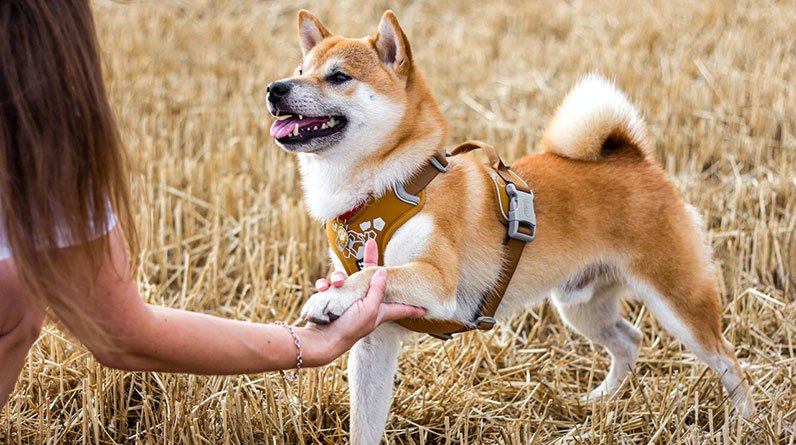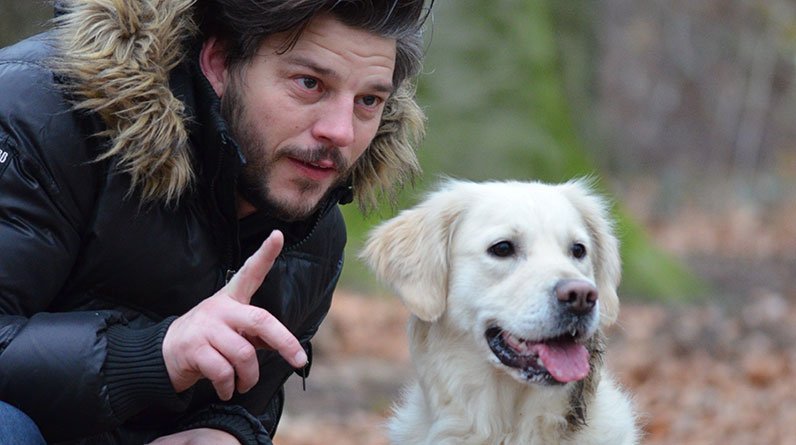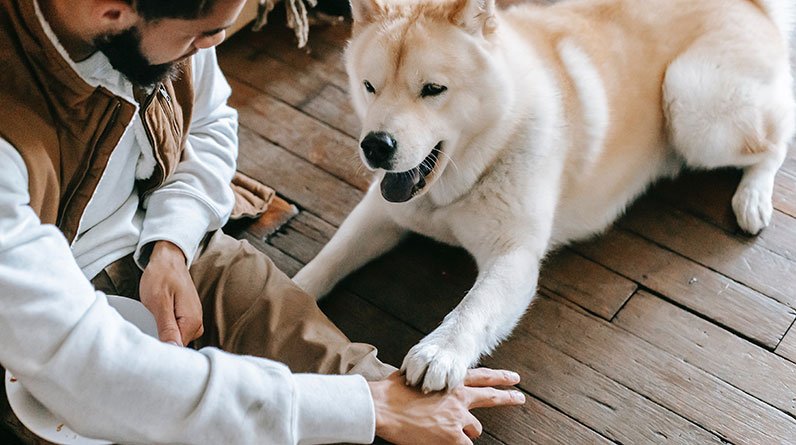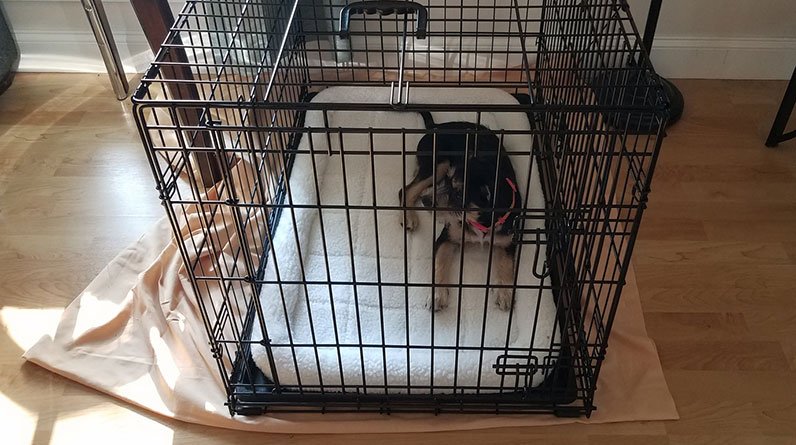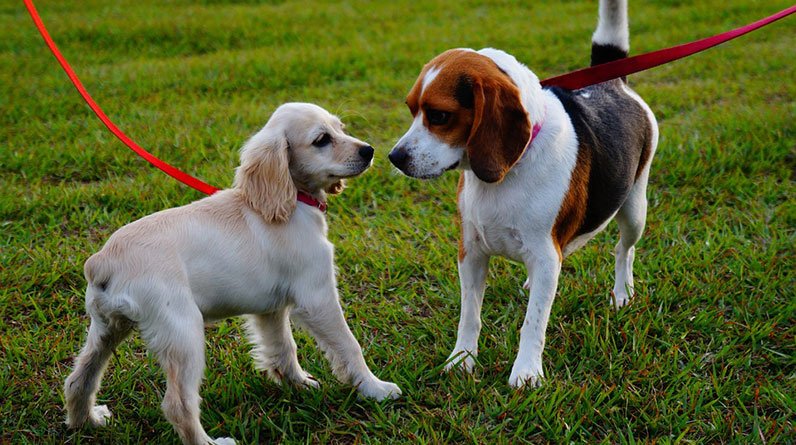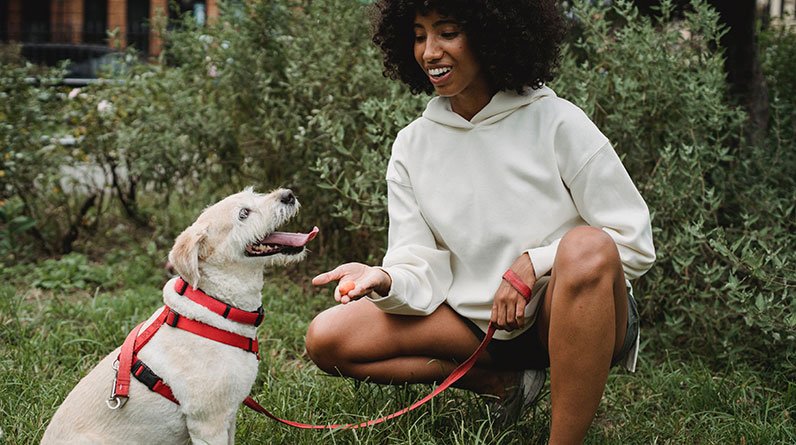
Avoiding Common Pitfalls in Puppy Potty Training
When it comes to potty training puppies, pet owners can often stumble into a few common mistakes. However, steering clear of these missteps is crucial for a successful training journey!
One of the most glaring errors is neglecting to clean up accidents promptly. Thus, leaving behind residual poop or urine can taint the pee pad and soil the surrounding area.
1. The Punishment Trap
Puppy accidents—a bane of house training—can be incredibly frustrating.
However, reacting with punishment can be counterproductive. Instead, view accidents as opportunities for your pup to learn the right behavior.
Predicting when your dog needs to go outside is pivotal to the overall solution.
This however is easier said than done, but vital nonetheless.
Watch for signs like barking, door-scratching, circling, or restlessness. Once spotted, escort them to their designated potty spot.
Also be very clear and make sure you don’t forget to reward them with a treat or some playtime.
As your pup gets the hang of the routine, you can allow them more freedom. Always supervise, though—never leave them unsupervised.
Punishing accidents doesn’t hasten the house training process; it can actually impede it.
Instead of scolding, clean the mess with an enzymatic cleaner and guide them to their potty area. Hence, yelling or swatting is not only ineffective but can make your puppy fearful of you as they grow.
By the way, avoid cleaners like ammonia or bleach—they might attract more accidents in the future.
Even seasoned pet owners might slip up occasionally. Remember, mistakes are part of the learning curve. Positive reinforcement is key to reinforcing good behaviors.
2. The Free Range Fallacy
Allowing your puppy to roam freely while potty training might seem like a good idea, but it can backfire.
This can confuse them. It can make them think it’s okay to go anywhere, not just their designated spot.
Set up a specific potty zone with a pad or grass patch. Keep it clean to prevent temptation. Once your puppy is comfortable, let them explore for short periods, paying close attention to their potty cues.
Upon noticing signs like circling or sniffing, rush them to their potty spot.
Post-potty, take them inside and heap praise on them. This strengthens the association between their potty area and positive reinforcement.
A treat immediately after they go can expedite the process. Keep a log of their potty times. This helps to ensure identifying consistent patterns, speeding up the training.
A common mistake is granting too much freedom too early on. With the result that excessive freedom can lead to accidents and regressions.
This is turn could be making your puppy less responsive to commands.
3. The Supervision Slip-Up
Many puppies, especially those not fully vaccinated, dislike confinement and crave independence. If your puppy isn’t crated, close supervision is crucial.
Supervision is particularly important during outdoor potty training. It prevents indoor accidents and reassures your puppy that you’re there to assist with their needs.
This also boosts their confidence and security.
Create a “Potty Schedule” to help them understand when it’s time to go. Use a chart, notepad, or alarm to keep track.
If you crate your puppy, ensure they get regular bathroom breaks. Use a timer or alarm to remind you.
Immediately reward them post-potty with a treat. Even toss a treat into their outdoor area to signal it’s potty time!
Thoroughly clean any soiled areas to prevent future accidents. Simple soap and water won’t cut it; you need something stronger to eliminate urine scent completely.
Remember, the journey of potty training is as much about patience as it is about routine. Embrace the ups and downs, and soon enough, your puppy will be a pro!

